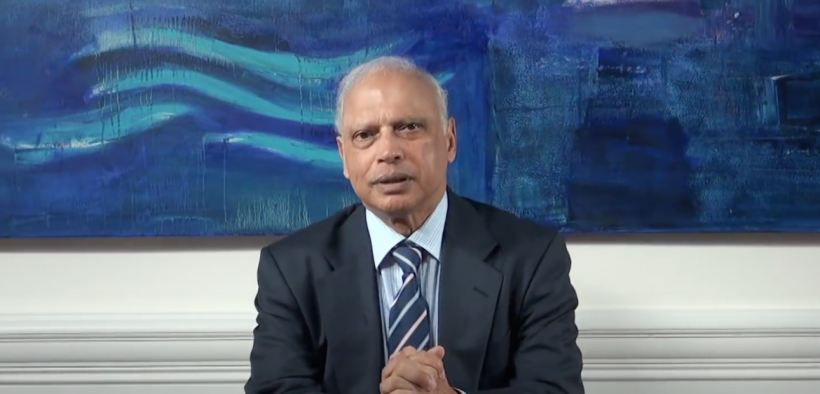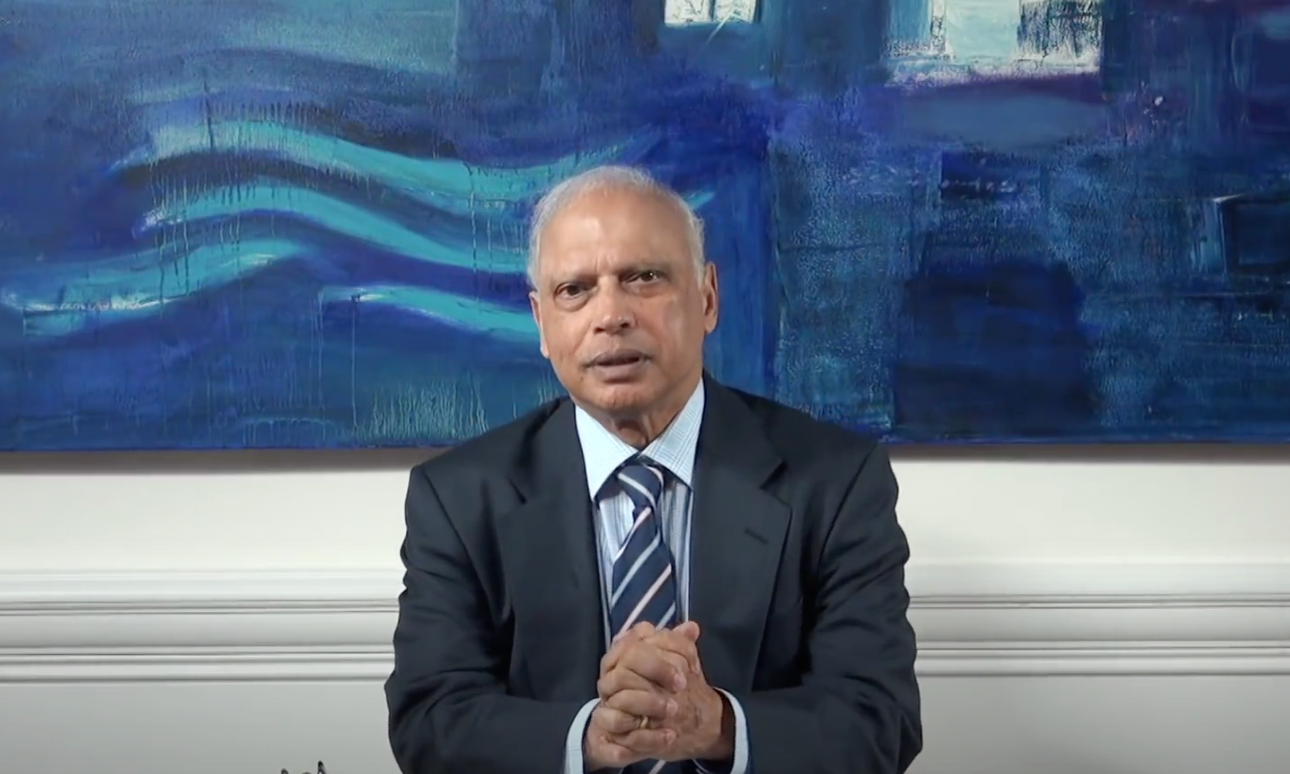Barnabas Fund has Long Track Record, but Questions Remain

Open Doors USA recently labeled Afghanistan as the most dangerous place for Christian. The ministry’s 2022 World Watch List says that around the world, one in seven Christians—more than 360 million believers—live in places where they face high levels of persecution for their faith.

MinistryWatch has reported on nonprofits—some with little or no relevant experience—that have exploited the U.S. military’s exit from Afghanistan last summer to raise funds. But which ministries do the best job of supporting persecuted believers in the Middle East?
One recent article published at The Federalist made recommendations, including the Barnabas Fund. But a Barnabas Fund donor in the U.S. contacted MinistryWatch, raising concerns about the organization’s financial claims and past leadership issues.
We explored these and other concerns in a lengthy interview and follow-up email exchanges with Jeremy Frith, CEO of Barnabas Aid, USA, the Lancaster, Penn.-based U.S. fundraising office for the UK-based Barnabas Fund. He’s been with Barnabas for 13 years.
Lengthy track record
When it comes to helping Christians living in Muslim lands, few have been at it longer than Patrick Sookhdeo, a Muslim convert to Christianity who founded Barnabas Fund in 1993. I covered his 1996 International Briefing on Islam and Christian Mission, which was sponsored by the Institute for the Study of Islam and Christianity, a group he founded in 1989.
Confusing structure and communication
Frith says the UK’s Barnabas Fund came first. Barnabas Aid, USA, was formed in 2005 as an American fundraising office. (The name Barnabas Fund was already claimed in the U.S.)
Access to MinistryWatch content is free. However, we hope you will support our work with your prayers and financial gifts. To make a donation, click here.
Christian Relief International (CRI) is the parent company over all Barnabas operations in the U.S. and UK, as well as administrative offices in Australia, New Zealand, South Africa, and Russia. Frith says CRI was created to work around restrictions the British government placed on funds being sent to countries such as Syria. The U.S. imposes fewer restrictions on where funds flow.
Frith admits the ministry’s websites and regular communication do a poor job of communicating its international structure. The Barnabas Aid, USA redirects to the Barnabas Fund in the UK, thoroughly confusing at least one U.S. donor.
U.S. gifts sent to Barnabas Aid go to CRI, which then distributes funds to partners around the world. Frith says no overhead fee is assessed along the way, with only credit card processing fees decreasing the gifts size before it reaches the intended recipients.
Barnabas has only 4 employees in the U.S., and fewer than 100 worldwide. It funds projects in 50-60 countries, where Christians are victims of discrimination, harassment, and persecution, but does not carry out the work itself. It solicits proposals from ministries—awarding grants mostly to long-time partners, most of them churches that have proven to be accountable and are well positioned to carry out the work. Barnabas has consistently funded some groups for decades.
Financial claims
The ministry is transparent, providing access to its 2020 of audited financial statements and 2019 990 forms.
Barnabas claims it spends 100% of donor gifts on program services when donors have responded to special fundraising appeals. Frith acknowledges that the 100% flow-through rate on designated gifts is subsidized by undesignated gifts. That means that donors who send in donations without designating their use are subsidizing the ministry’s offers to other donors.
It costs money to raise money. That’s why MinistryWatch discourages donors from believing unbelievable claims about donation flow-through rates. Such claims, if actually honored by the ministries that make them, must be paid for somehow.
Frith says that, globally, Barnabas spends only 12% of donor gifts on overhead, a claim it seems to have delivered on in 2019.
But program expenditures plummeted to only 58% of contributions in 2020, when donors gave $30.2 million but Barnabas spent only $17.6 on program services.
Frith says COVID caused a decline in proposals and fundable projects, adding, “most of those funds have now been spent which, I am told, will be reflected in our 2021 financials.”
For those checking, in 2021 Barnabas must spend some $9 million beyond its 2021 income to make up for the program expenditures it didn’t do with 2020 income.
Barnabas has $18.8 in assets, mostly in its office properties worldwide. Patrick Sookhdeo does not take a salary from Barnabas but has many donors who support him and his wife directly.
Leadership issues
As was reported widely at the time, in 2015, British courts found Patrick Sookhdeo guilty of one count of sexual assault and two counts of witness intimidation. Sookhdeo vehemently denied the charges, and for a time left his leadership roles but was soon reinstated, leading to harsh criticism from Christian media in both the UK and the U.S.
Barnabas said it would appeal the convictions, but never did so, citing the further negative publicity a second trial would generate. Barnabas leaders use a variety of approaches to dismiss the convictions: a biased court; a poor defense lawyer; or plots by enemies—Christian and Muslim—who are out to get Barnabas and its leader.
“In the U.S., this case would have been thrown out,” said Frith.
Barnabas said its own internal inquiry proved Sookhdeo’s innocence, and that the victim’s breasts were “nothing worth looking at,” according to an article in The Times of London, titled: “Sex abuser Patrick Sookhdeo still has key role at Barnabas Fund.” But Frith said new policies were adopted, including an open-door policy on meetings in private offices, and guidelines for one-on-one meetings with members of the opposite sex.
In 2020, an employment tribunal found Sookhdeo guilty of condemning and shunning the ministry’s head of research. Barnabas said it would appeal the decision, but some remain skeptical.
“The finding will lead to fresh concerns about the running of the charity,” reported The Times.



